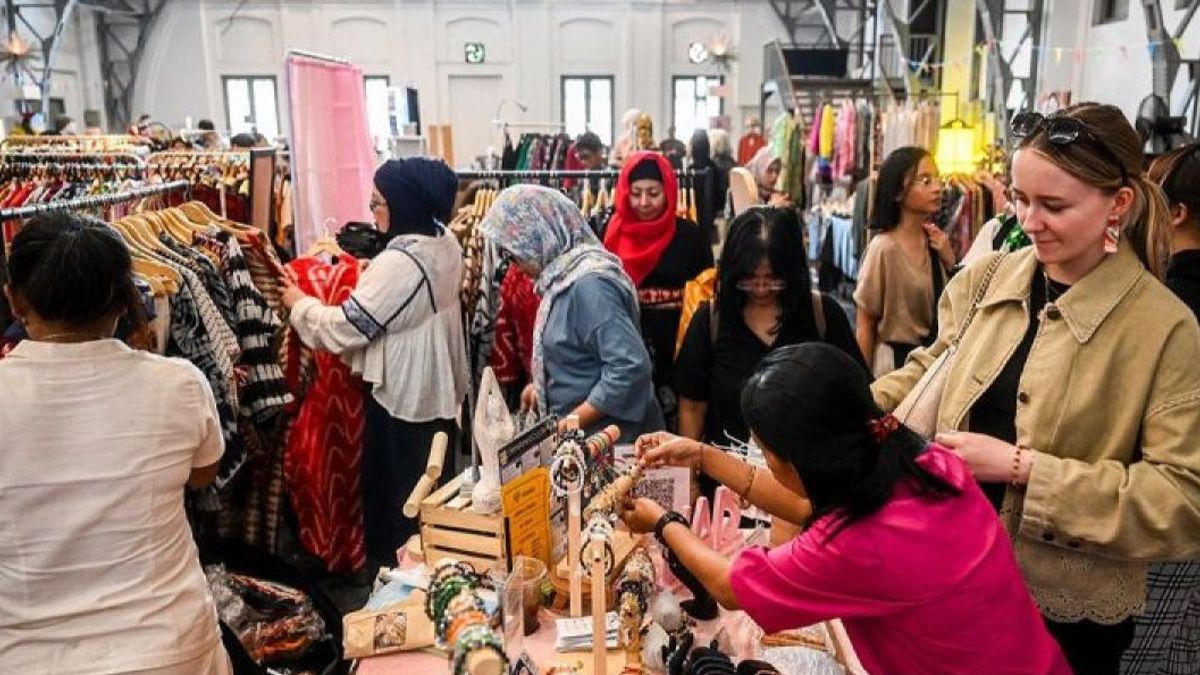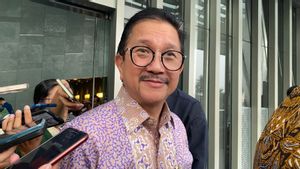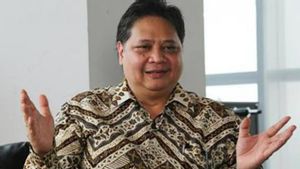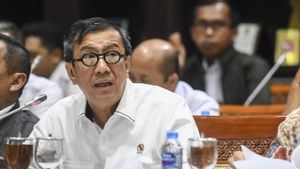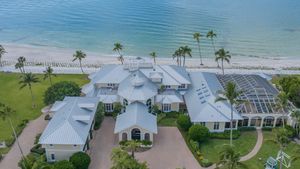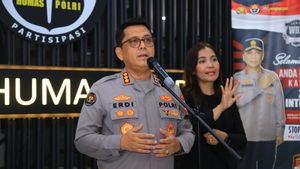JAKARTA - Chairman of the MSMEs Division of the Indonesian Employers' Association (Apindo) Ronald Walla revealed that 69 percent of MSME players in Indonesia do not understand the Sustainable Development Goals (SDGs) which is the basis for sustainable economic practices.
"As many as 69 percent of MSME players in Indonesia do not yet know or do not understand the Sustainable Development Goals (SDGs)," Ronald said at an event in Bandung, West Java, quoted from Antara, Sunday, October 25.
In his statement received in Jakarta, Friday, he said that another challenge faced by business actors in Indonesia to carry out sustainable economic practices is the difficulty of meeting the requirements for environmental compliance and greenhouse gas emissions.
He said that according to research, 78 percent of small companies suffered losses due to the requirements for environmental compliance and too high greenhouse gas emissions.
To overcome these challenges, Ronald stated that the government plays an important role in creating an environment that supports MSMEs to develop.
This includes offering financial incentives, providing access to information and resources, and simplifying regulations that promote sustainability without burdening business actors.
Various capacity development programs, sustainability training, and grants for green technology are also very important to empower MSMEs.
In line with Ronald, Chairman of the National Center for Corporate Reporting (NCCR) Ali Darwin stated that the limited access to finance, lack of awareness regarding sustainability practices, as well as complex environmental regulations hinder MSMEs from implementing sustainability practices.
Even so, he said that the number of MSMEs that adopted the principle of sustainability as part of their business model was increasing.
These efforts create a positive impact and become a differentiator for these MSME actors so that they can offer uniqueness and compete with other entrepreneurs.
Ali considered that MSMEs have the potential to be the main driver in implementing sustainability practices because they have flexibility in adapting, so they are able to adopt sustainability practices according to the SDGs in their business.
According to him, MSMEs can play an important role in achieving poverty reduction goals (SDGs 1), improving welfare (SDGs 2), and inclusive and sustainable economic growth (SDGs 8).
SEE ALSO:
"By embracing sustainable practice, MSMEs can not only improve their environmental and social impacts but also increase their competitiveness and long-term continuity," he added.
To increase awareness of the importance of sustainability aspects and support the strengthening of MSMEs, NCCR collaborates with the Institute of Certified Sustainability Practicers (ICSP), Christian University Maranata, and Parahyangan Catholic University to hold The 9th Sustainability Practicer Conference (SPC) at Maranatha University, Bandung, West Java, Thursday 24 October.
The conference, which was held in a hybrid manner, discussed a number of sustainable strategies adapted to MSMEs in supporting sustainable growth according to the SDGs which are a form of global and national commitment in efforts to save the Earth and prosper the community.
The English, Chinese, Japanese, Arabic, and French versions are automatically generated by the AI. So there may still be inaccuracies in translating, please always see Indonesian as our main language. (system supported by DigitalSiber.id)
